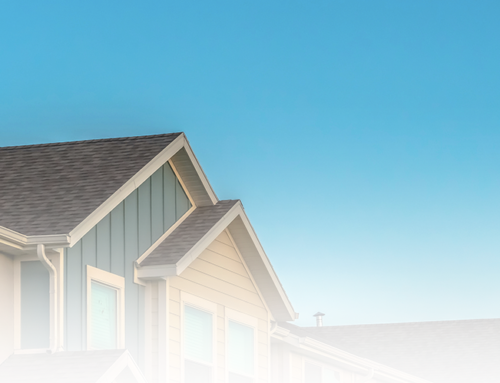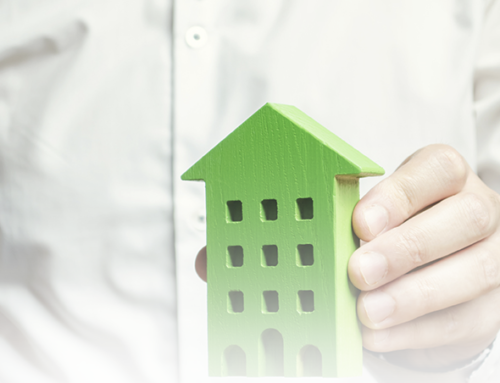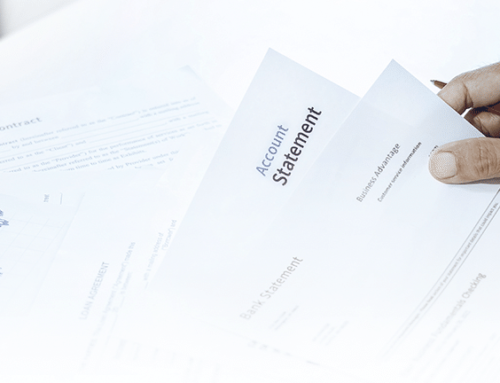There are many things to consider when purchasing an investment property. Choosing a location, determining rent and knowing how many times you can drop “my portfolio” casually into conversation without sounding like a banker.
However there are risks involved – and not every property continues to increase in value. But by making well-informed decisions about the property and its appeal to potential renters, “my portfolio” could be growing faster than expected.
Start with your strategy.
Yes, you’d like to retire at 27. But considering that was seven years ago and you’re still schlepping to work every morning, it’s time to create a realistic plan.
Everyone has general goals about financial freedom, but what do you actually want to achieve from buying an investment property? To live off the rental income? For the mortgage and current rental to balance out? To make enough to secure another deposit? Clear goals will be hugely beneficial to your long-term plan.
House, apartment, houseboat, ranch?
You’ve saved so hard for a place…you just don’t know what it looks like yet – and that’s exciting.
Obviously there are advantages and disadvantages to buying either a home or apartment as an investment property.
Ever heard the expression safe as houses? Well, houses in growing areas do experience higher value increase over time due to their land size, but the downside of this is that the percentage of rental profit is often lower than a unit.
They’re also always attractive prospects to both families, student shares and more – with the possibility to renovate – but it’s also much more difficult and expensive to maintain.
With an apartment, you can always get help from strata or body corporate (an organisation of owners who manage the common grounds of the property), but unfortunately that comes at a cost. Body corporate can be handy, but their fees can be exorbitant.
In saying that, apartments make desirable investment properties (especially for first time buyers) because they’re often a cheaper way to enter the market than houses. But before you update ‘property mogul’ on your LinkedIn, remember that houses are rarer and apartments abundant in city areas – which could mean oversupply and difficulty to sell. An apartment in a smaller building is likely a better option.
Country bumpkin or city slicker?
So you have a slightly better idea of what, now to figure out where to buy an investment property.
The big smoke can feel like a safe choice, with demand of up to four million plus in some of Australia’s biggest cities leading to h2 capital growth (for those property investment dinner parties you’ll be going to, that term means the total value increase).
But before you throw out your cowboy hat and Daisy dukes, the country offers far cheaper entry points, plus yield higher rent and much bigger value increases – potentially giving you more cash flow.
It’s worth keeping an eye on population and economy changes, in both metro and rural, as an indicator of what’s happening in the local property market. But bear in mind, property is about the future, not the past.
Build? Buy? Baffled?
Another all-important question, this depends mainly on your circumstances, what type of property you’re looking for and the nature of your investment goal.
Build
So you watched at least two seasons of The Block while scrolling on your phone – but before you count your auction day millions, it’s worth considering the pros and cons of building.
+ By building, you’ll be able to customise for the market needs. Do your research and you could end up with a property that has more of what people need.
+ Tax time benefits. It is likely you can depreciate the costs over time, this could include all construction costs and internal fixtures. But you should chat to your accountant regarding the deductions you could claim before you put on your hard hat.
+/– Could be cheaper. Construction can be lengthy (and delayed), stressful and expensive, but if you negotiate a decent price for the right place, then it could work massively in your favour.
– If you’re buying a pre-established place, you’ll receive rent as soon as you move someone in. For a place you’re building, you might not see a cent of rent for possibly even a year.
– How often do you drive past a vacant block of land in the city? Exactly. You might be waiting a while for this.
Buy
+ Not 100% about a place? There’s always renovation, or even subdivision potential. Ka-ching.
+ The data. An already established place will give you a much better idea of how the value has changed over time and help you make a more informed decision.
– Unlike a new place, there are little or no depreciation benefits when you’re doing your tax return.
– Older places mean higher likelihood of anything going wrong. You’ll likely be looking at lower rent and higher maintenance costs.
Residential or commercial?
Most people looking into investment properties have probably only considered residential, but there’s a growing number recognising the potential of commercial real estate investment.
The simple reason that residential investment properties are more common is because there are more of them – bigger supply and demand – so the leasing opportunities are more abundant too.
Usually located close to business hubs and the lifestyle that comes with it, commercial properties also act a highly attractive option for investors and tenants to use as a business. Plus, you’re likely looking at longer leasing for businesses – typically three to ten years – but this high return can also come with high risk.
Commercial property is far less predictable than residential, due to anything from employment rates to consumer confidence, so if your idea of risqué is trying a different flavour of ice-cream, it might not be for you.
It’s fair to say that commercial property investment requires a higher, if not just different level of understanding of the property market.
Would you live there?
Trick question (just making sure you’re still paying attention).
You won’t be living there – and you’re going to have to use your investment property research to put head over heart and make some tough business decisions. But these are decisions that could ultimately lead to higher return on investment, faster achievement of financial goals and better bragging rights at dinner parties.









Leave A Comment